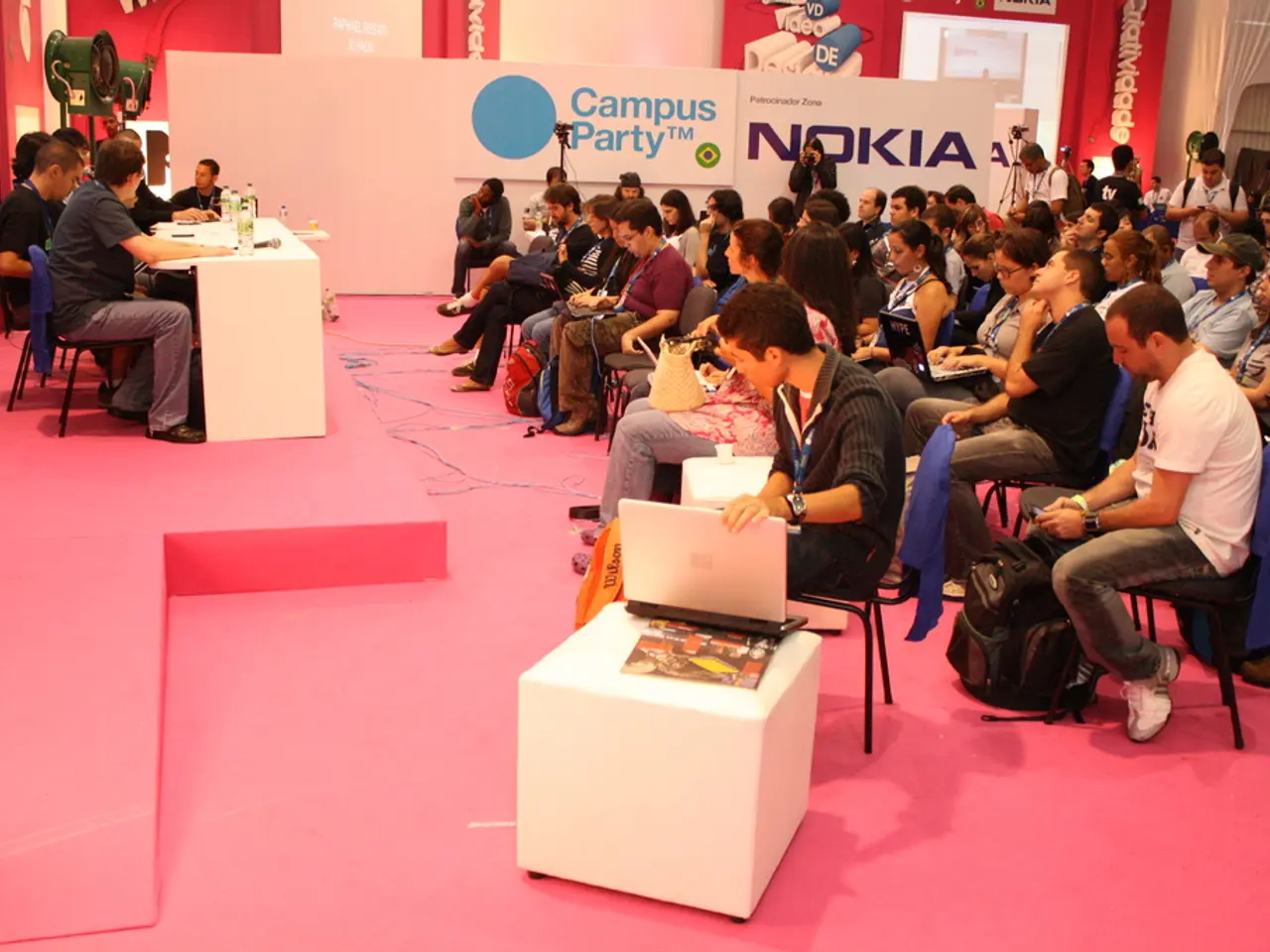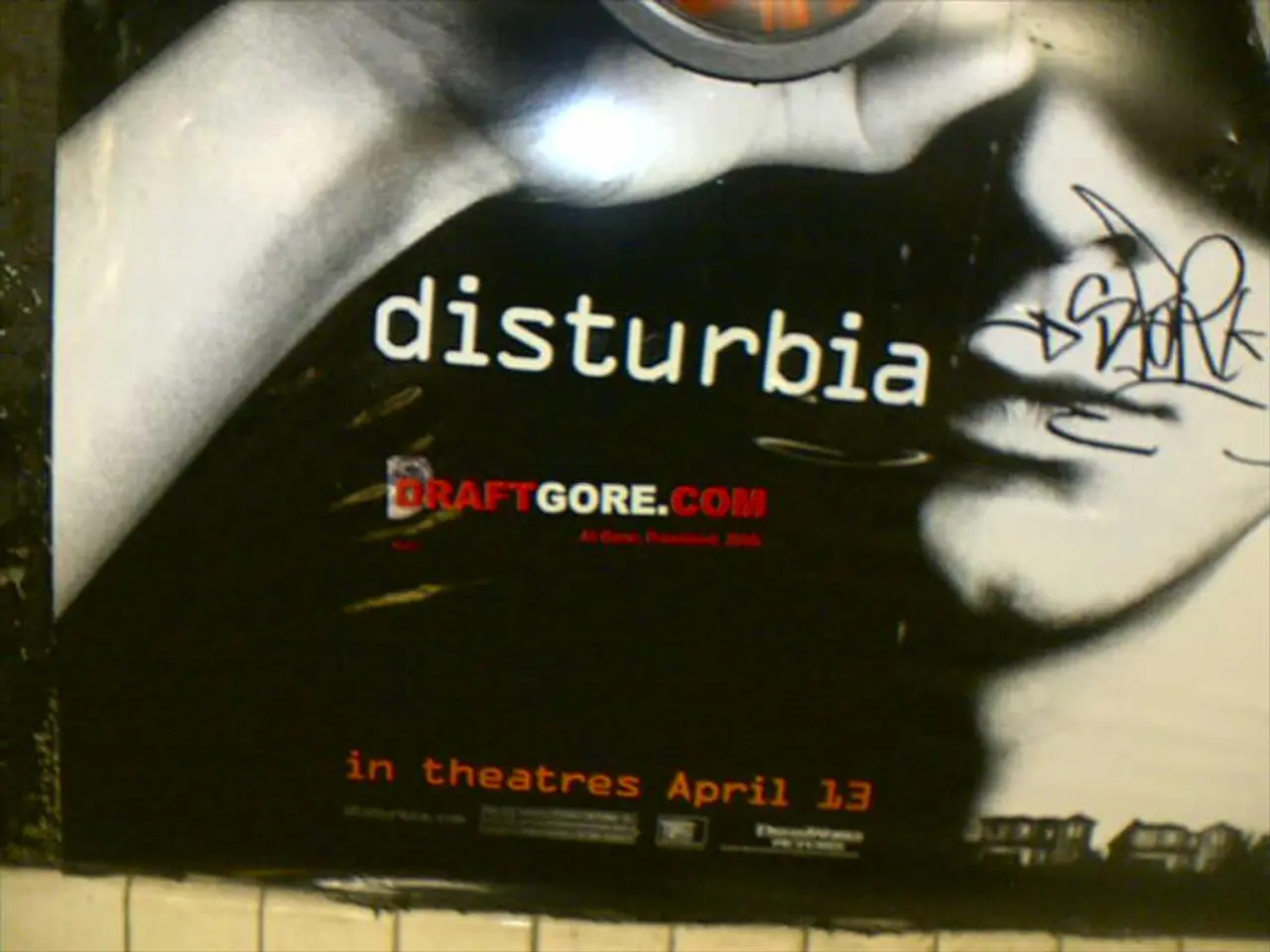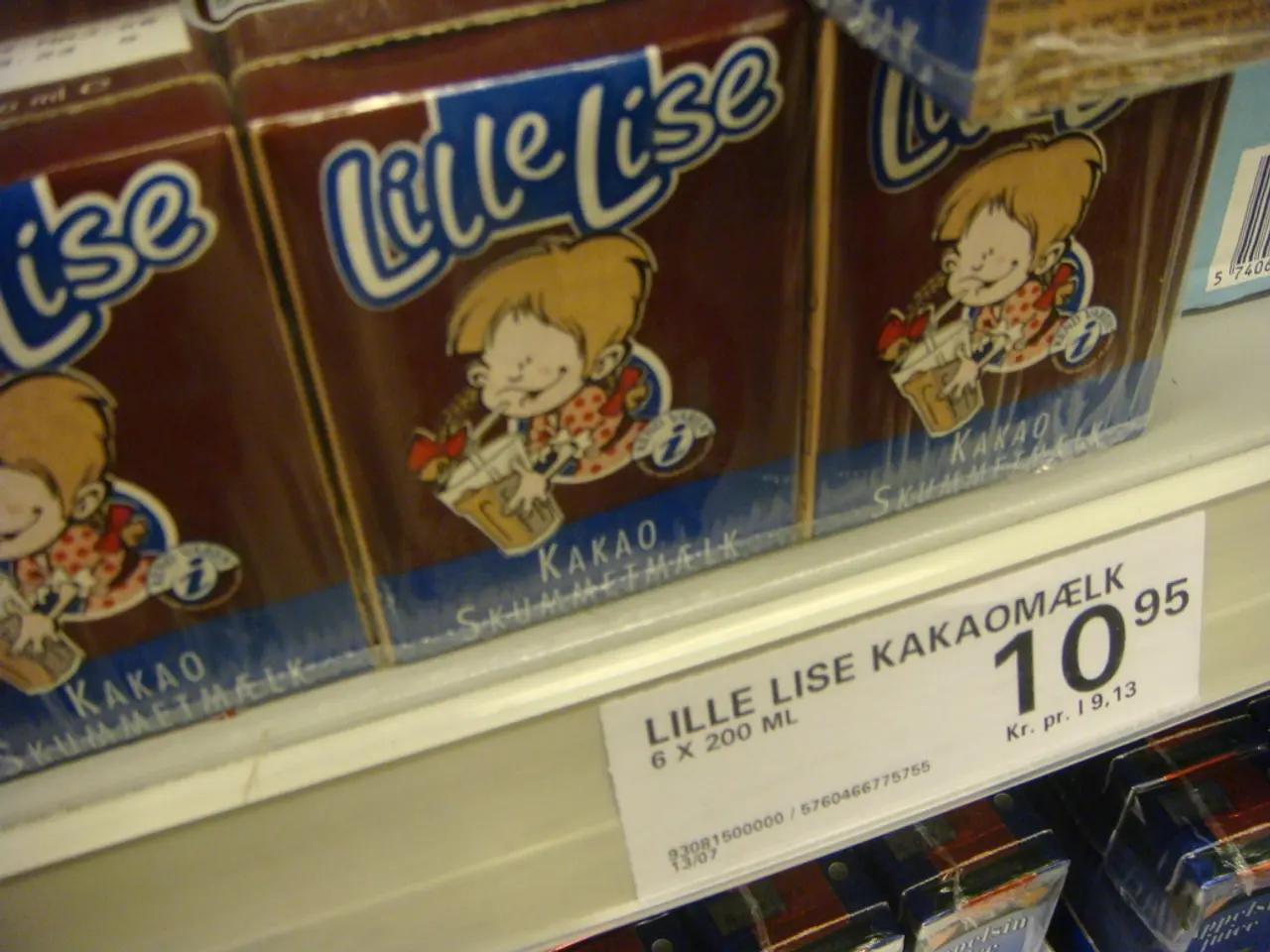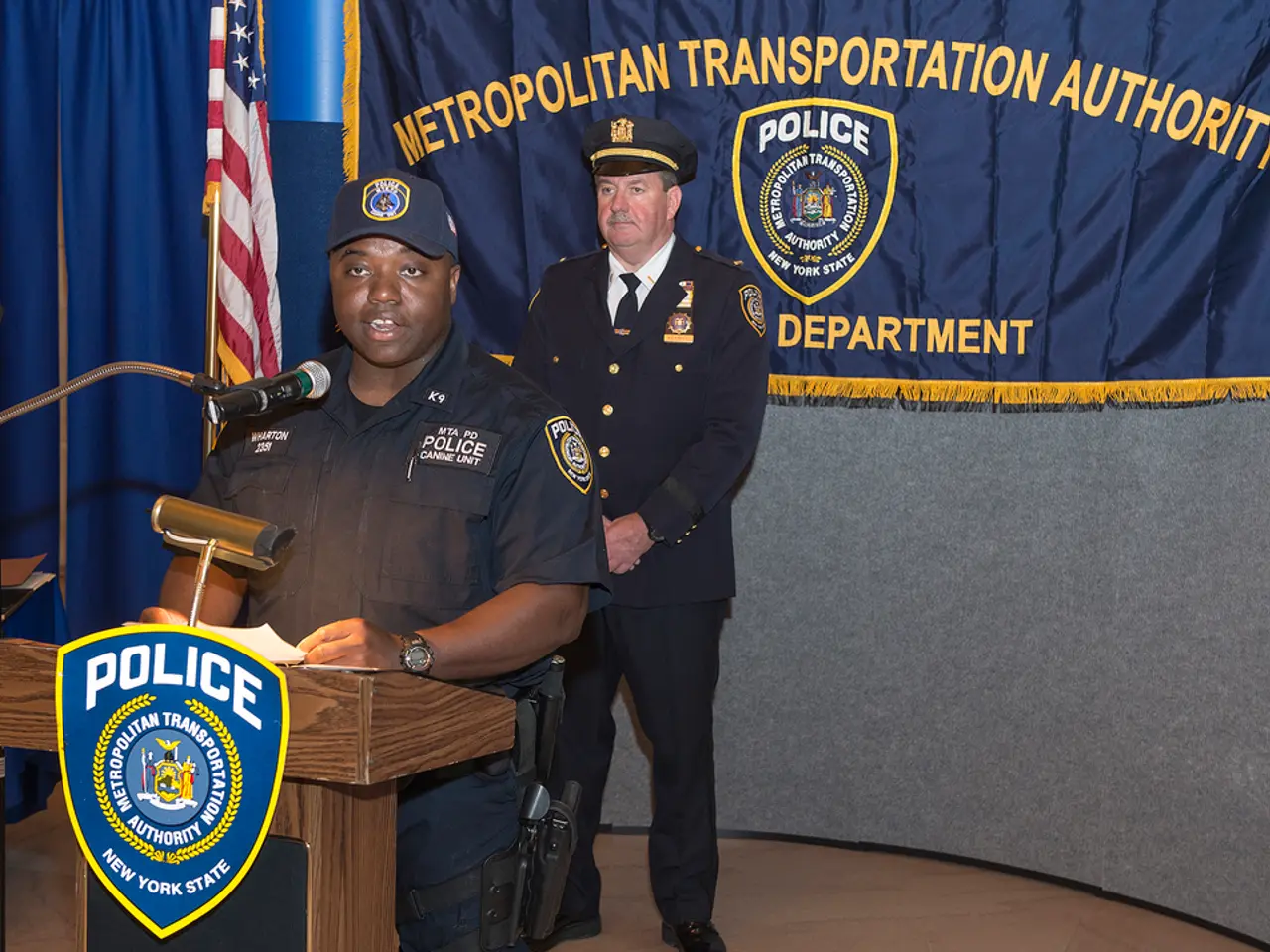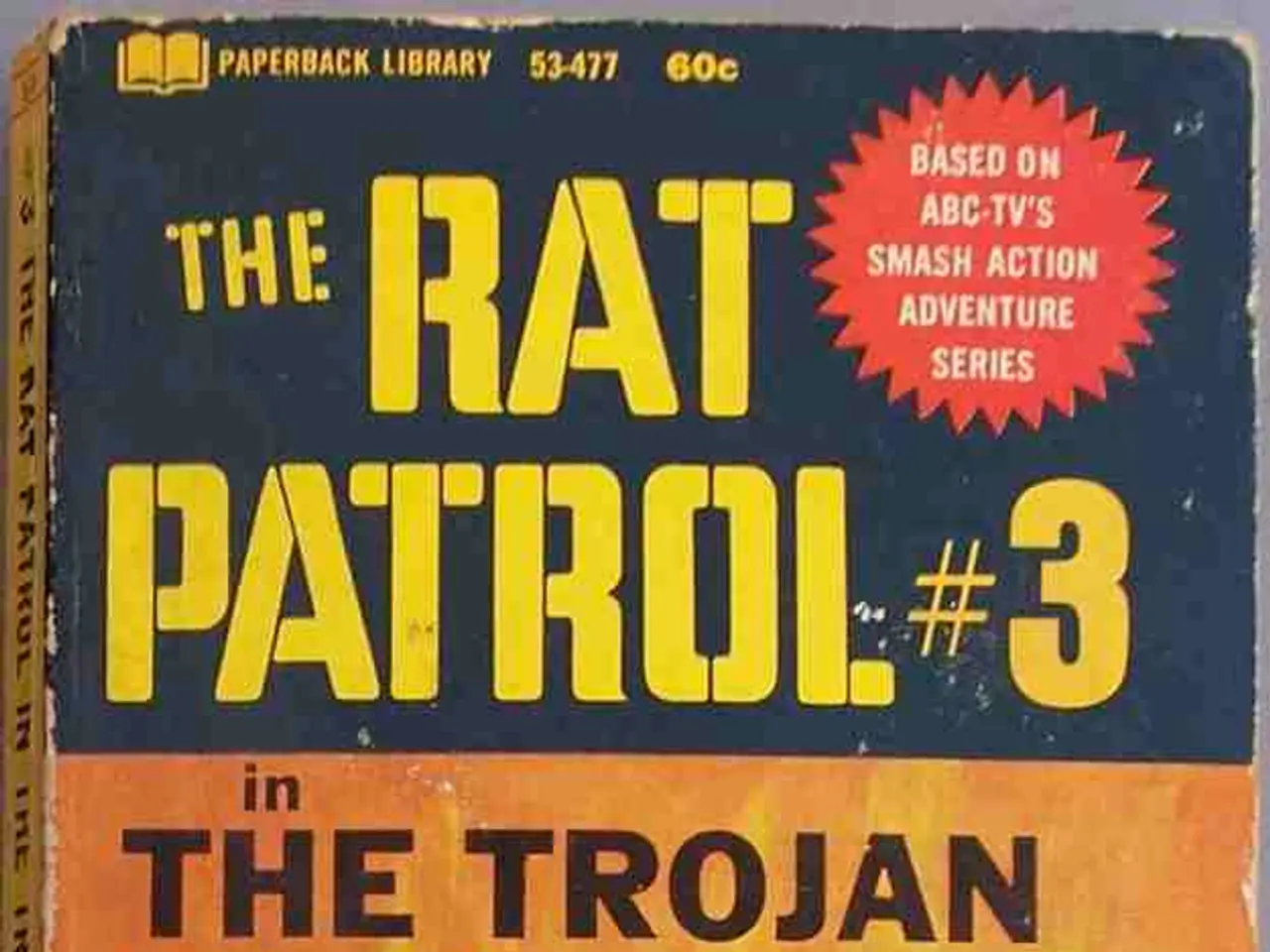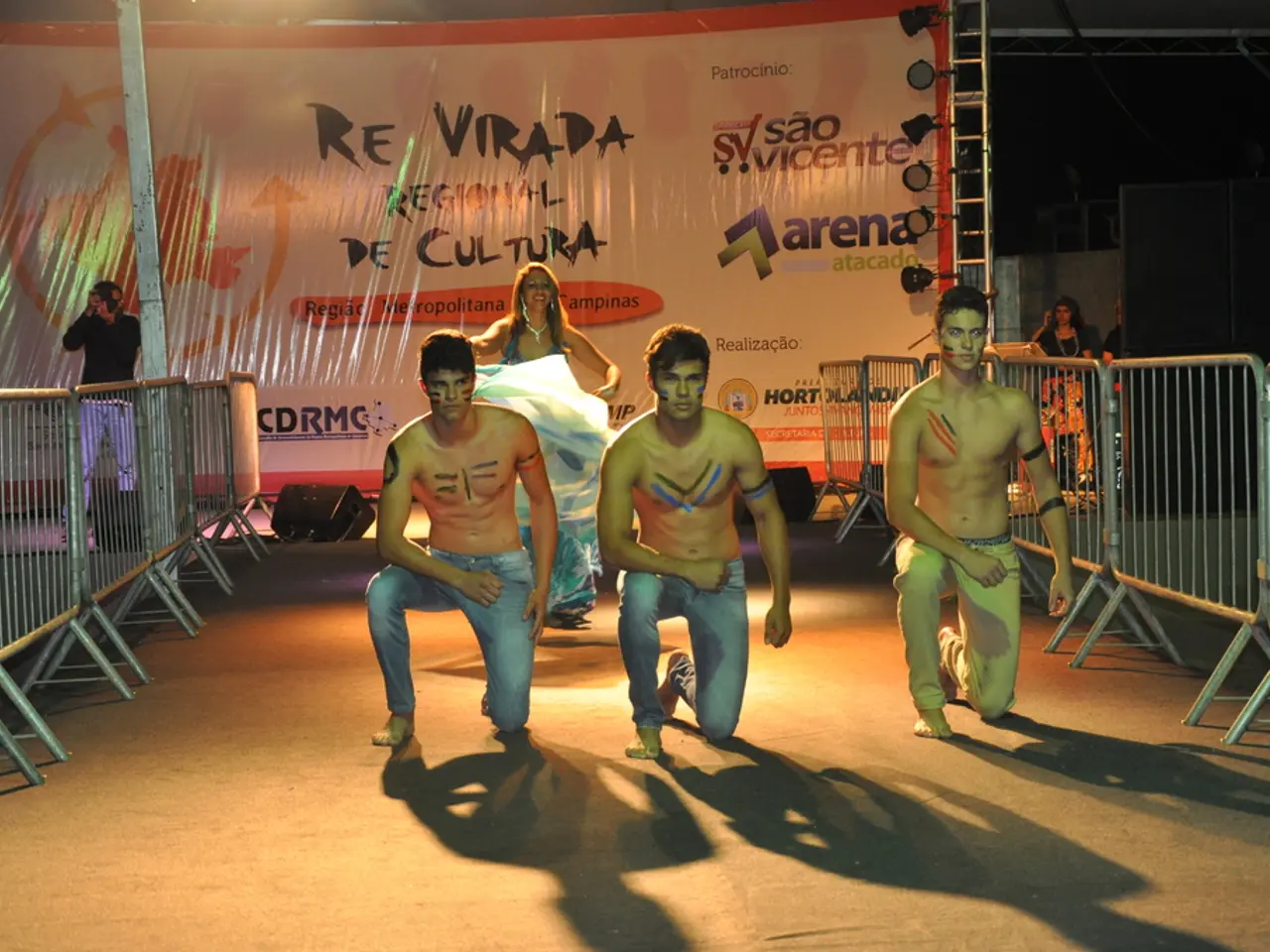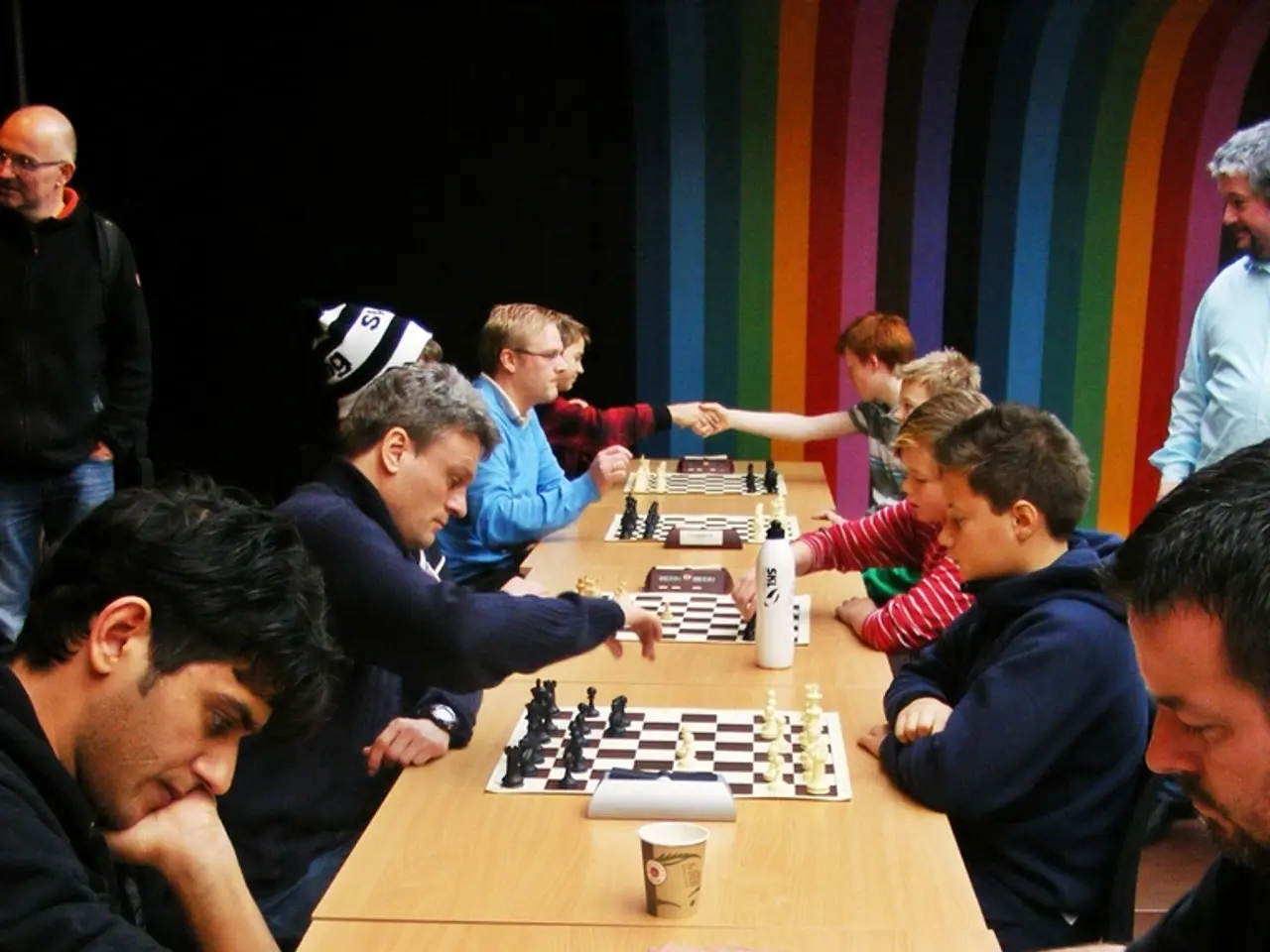Kenyan President Uhuru Kenyatta and Deputy President William Ruto meet prior to crisis negotiations in the Democratic Republic of Congo (DRC)
Peace Talks in the DRC Face Challenges Despite High-Level Involvement
The ongoing peace talks in the Democratic Republic of Congo (DRC) are being led by several African leaders, including former President Uhuru Kenyatta, as part of the EAC-SADC joint summit. The EAC-SADC initiative is an Africa-led process aimed at restoring peace and stability in the DRC.
Kenyatta is attending the EAC-SADC joint summit as a peace facilitator, not as the former president of Kenya. He is joined by other prominent figures, including African Union (AU) Commission chairperson Mahmoud Ali Youssouf, EAC Secretary General Veronica Nduva, former Presidents Catherine Samba-Panza (CAR), Sahle-Work Zewde (Ethiopia), and Eric Kabetswe Masisi (Botswana).
President William Ruto is co-chairing the EAC-SADC joint summit with President Emmerson Mnangagwa. Ruto and Mnangagwa are co-chairing the summit as current chairpersons of the East African Community (EAC) and the Southern African Development Community (SADC), respectively.
The DRC and Rwanda signed a peace agreement on June 27 in Washington, D.C. The agreement is aimed at easing tensions and ending cross-border hostilities between the DRC and Rwanda. The peace agreement complements ongoing mediation efforts by the United States and Qatar.
However, as of early August 2025, the peace negotiations between the DRC government and the M23 rebels are ongoing but facing significant challenges. The M23 rebels have not demonstrated a genuine commitment to peace talks and have indicated they would refuse to vacate occupied territory regardless of negotiation outcomes. This refusal, alongside M23’s efforts to establish parallel administration in occupied areas with Rwandan support, complicates progress. The DRC government insists on M23’s unconditional withdrawal and rejects integrating M23 forces into state institutions, making consensus on key issues unlikely within the short timeframe set by the Doha declaration.
Fighting continues on the ground, with M23 controlling major parts of eastern DRC, including strategic cities such as Goma and Bukavu. Clashes have caused displacement, casualties among civilians, and harm to UN peacekeepers and regional mission forces.
Kenyatta met with Rwandan President Paul Kagame in Kigali on July 12, 2025, to discuss efforts towards durable peace. The DRC has accused Rwanda of supporting rebel groups and facilitating mineral smuggling from its territory.
The EAC-SADC initiative is not the only effort to bring peace to the DRC. The United States has also been involved as a broker, with a preliminary peace deal known as the Washington Accord signed by the DRC and Rwanda in June 2025. The U.S. Secretary of State and former President Donald Trump participated in these discussions.
In addition to Kenyatta, the joint summit of EAC and SADC appointed five eminent facilitators in February 2025 to help broker peace between the DRC government and M23 rebels. These include former presidents President Olusegun Obasanjo (Nigeria), South Africa's Kgalema Motlanthe, the Central African Republic's Catherine Samba-Panza, and Ethiopia's Sahle-Work Zewde.
Despite the high-level involvement, a swift resolution by mid-August 2025 remains uncertain due to the substantial obstacles and complex dynamics. The ongoing fighting and entrenched mistrust make a peaceful resolution challenging, but the efforts of the African leaders and international community continue in the hope of bringing lasting peace to the DRC.
[1] United Nations. (2025). Report on the Situation in the Democratic Republic of the Congo. Retrieved from www.un.org/drcongo
[2] Reuters. (2025). M23 rebels control major parts of eastern DRC, including Goma and Bukavu. Retrieved from www.reuters.com
[3] The White House. (2025). Washington Accord between the DRC and Rwanda. Retrieved from www.whitehouse.gov
[4] East African Community. (2025). EAC-SADC Joint Summit: Appointment of Peace Facilitators for Eastern DRC. Retrieved from www.eac.int
- In the midst of ongoing peace talks, stress over the commitment of M23 rebels towards genuine peace discussions has been rising, as they've expressed their intent to maintain control over occupied territories regardless of negotiation results.
- Amidst the intricate dynamics of the DRC's war-torn landscape, political discourse surrounding sports and general news has become increasingly minimal when compared to the intensity of discussions on war-and-conflicts, a stark contrast to the usual global news spectrum.
